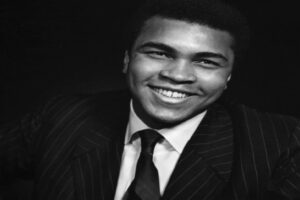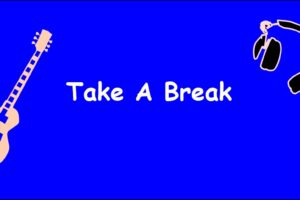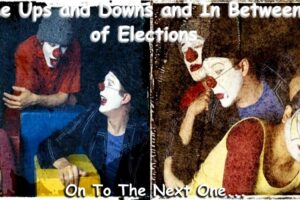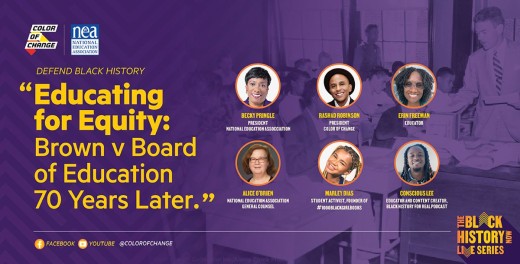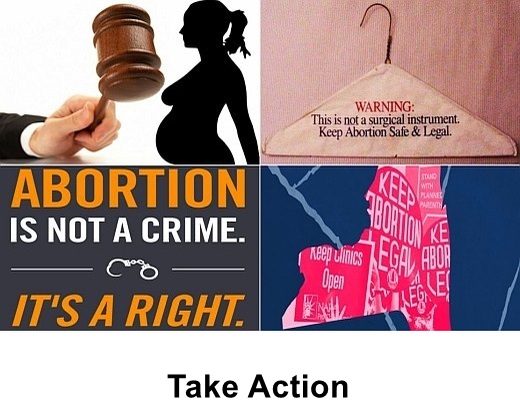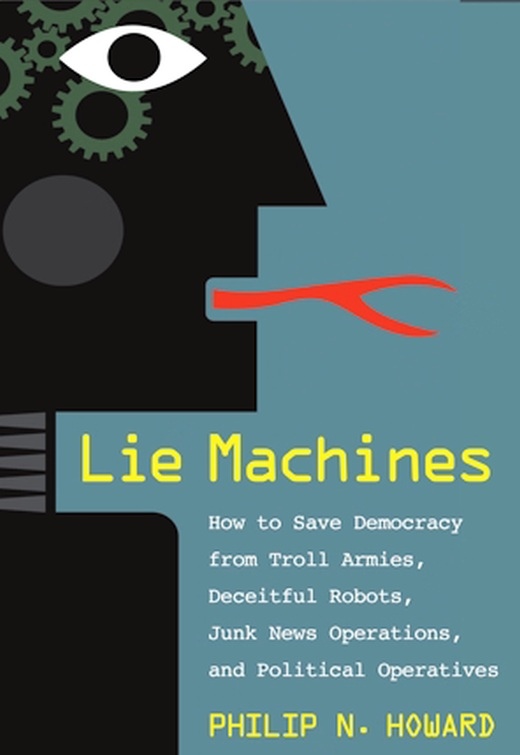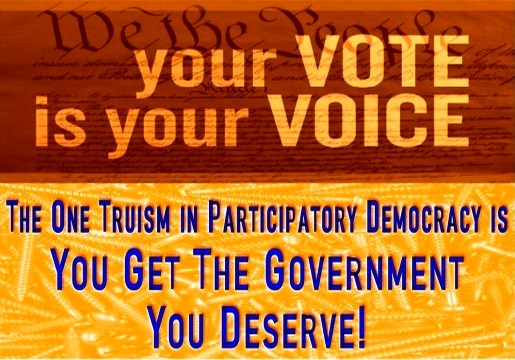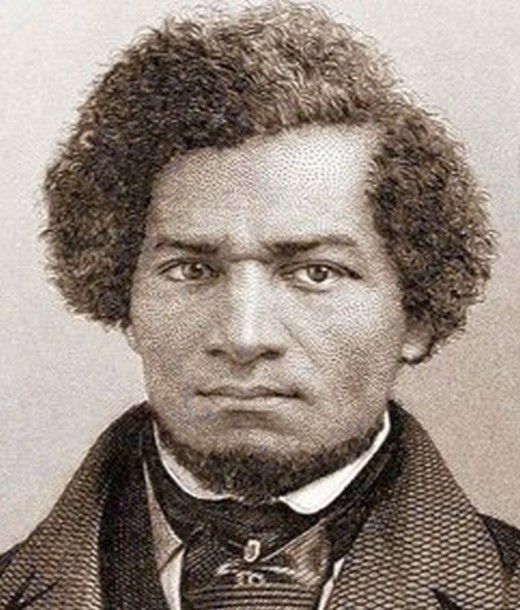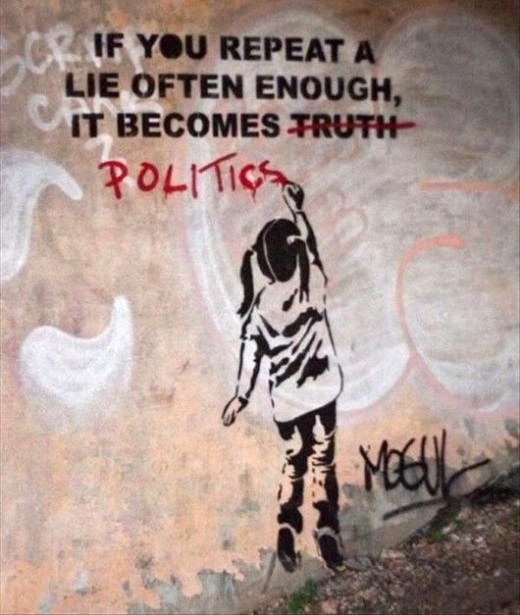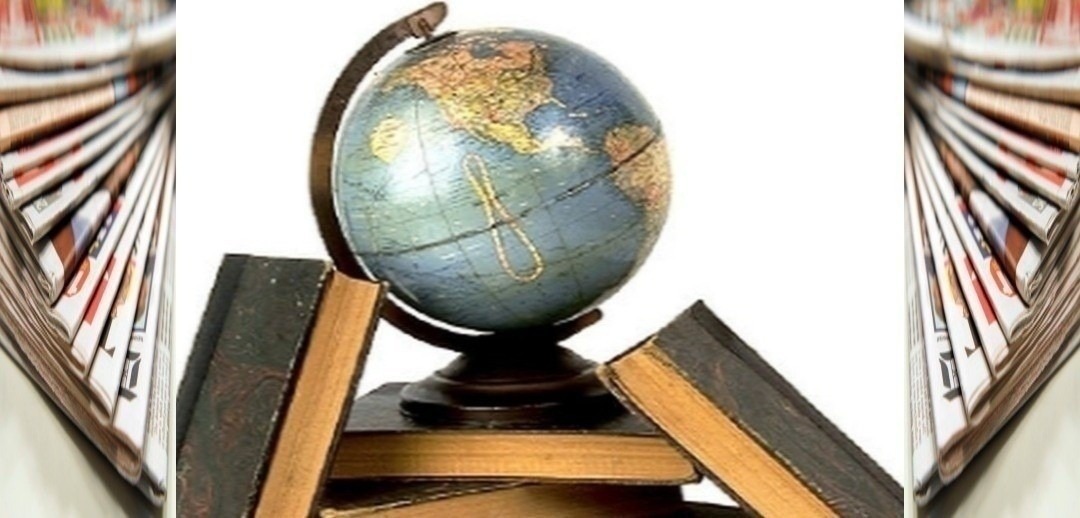
~ News Media. Politics. Pop Culture. Truth. ~
News Media and Presidential Campaigns
~ The style of campaigning is symbolic of – and results from – the central role played by the mass media in American presidential election process. “Newspapers, radio, newsweeklies, and television have become the major sources of information about election campaigns for most U.S. Citizens,” (Yale political scientist F. Christopher Arterton). And as voters rely ever more heavily on news reports in making their political judgments, the influence of party workers and community opinion leaders has waned.
Presidential campaign strategy is predicated to a great degree on the reality of media politics.
At the same time they try to capitalize on media coverage, politicians are wary of the mass media’s primacy in providing political information. Many complain that the nation’s news outlets, in selecting events to cover and issues to emphasize, play an “agenda-setting” role that gives them too much power in guiding voters’ decisions. The desire for fresh and exciting stories makes reporters vulnerable to charges that they stress campaign strategy and controversy over the candidates’ policy proposals. “Horse-race” reporting – the coverage of the election campaign as though it were an ongoing athletic contest – and media reliance on public opinion polls also are criticized. Robert Benenson, News Media and Presidential Campaigns, in Editorial Research Reports, Vol 11, 1984.
Criticism and Popular Culture
~ What is worth thinking? What is worth saying and repeating? What, for that matter, is worth seeing, hearing, wearing and eating? At a time when most Americans can ill afford the luxury of finding out by trial and error, an army of critics stands ready to help with opinions on just about everything. As the value of the dollar decreases, the need to spend it wisely has made the once-lofty art of criticism an indispensable aid to the average citizen. No art,. Entertainment, or salable good exists without its attendant set of critics and no critic without his or her devoted following.
While the influence of culture appears to be spreading, there are many who believe that culture itself is being “watered down.” the same thing is said to be happening to criticism. There is widespread belief among scholars that the traditional authority of the critic has been undermined by a “data-glut,” a feeling that old values no lnoger apply to the ferment of new thinking and new expressions of creative energy.
Radio and television programs, newspapers and popular magazines now supply cultural criticism to large audiences in much the same way they provide weather bulletins, crime news and investigative reporting.
But many worry about where the new enthusiasm for culture may be leading. They fear that a rapid descent from “high-browism” guided on by the latest definition of good taste is bound to end in chaos and confusion. William V. Thomas, Criticism and Popular Culture, in Editorial Research Reports, Vol 1, 1981.
Truth
Truth is so obscured IN THESE TIMES
and FALSEHOODS so well established
that unless we love the truth
we shall never recognize it.
Blaise Pascal (1623-1662)

